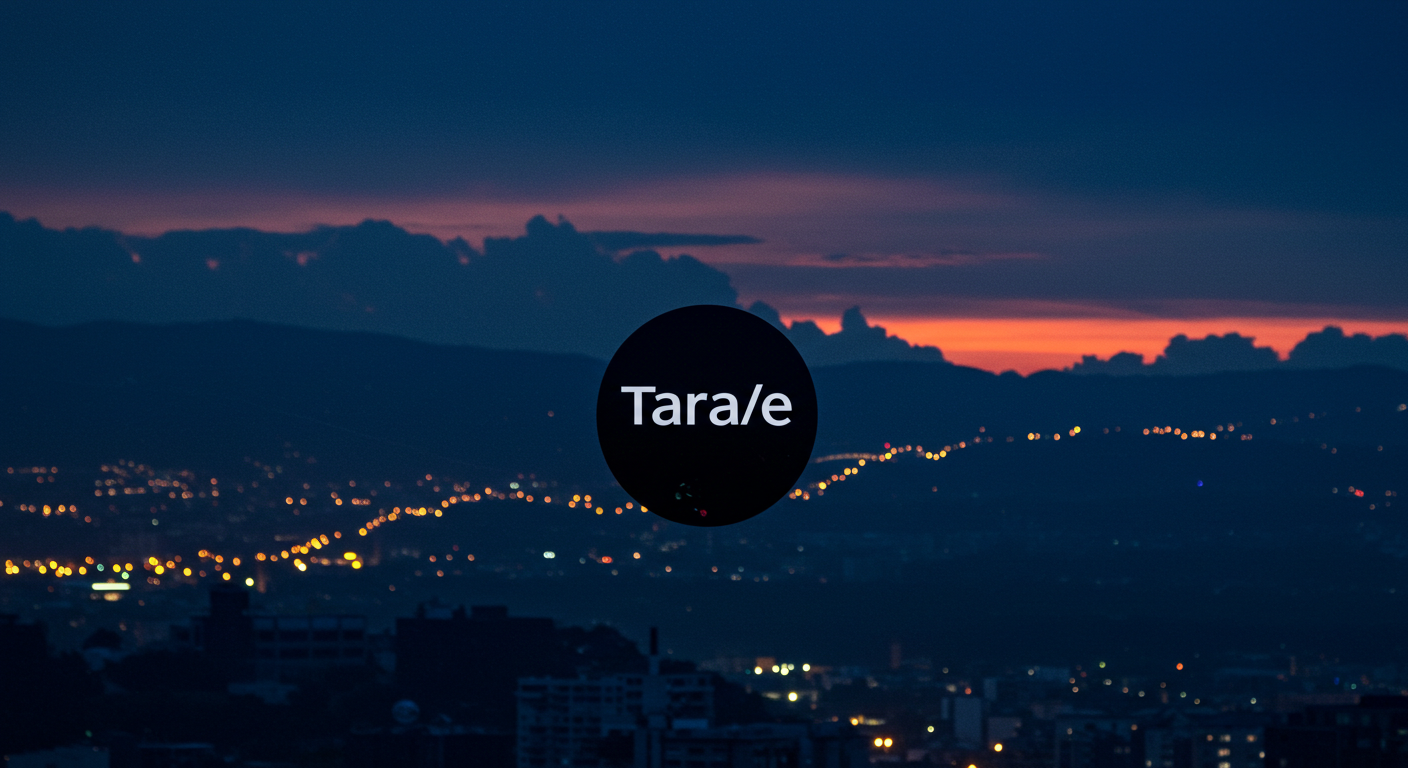Australia to Impose Charges on Tech Giants for News Content

In a bold move to safeguard its national journalism industry, Australia has unveiled new legislation targeting major technology companies that use local news content without fair compensation. The policy demands that companies like Meta (the parent company of Facebook and Instagram), Google, and other digital platforms enter into agreements to pay Australian media organizations for the news content shared on their platforms.
If these tech giants refuse to strike deals with local news outlets, they will face a mandatory annual charge. The government estimates that this could raise over 1 billion Australian dollars (roughly £503 million) in just four years. The funds will be distributed among registered news organizations, with the goal of revitalizing the struggling journalism sector.
The initiative follows growing concerns about the monopolistic control these corporations have over online content distribution, and how little of that revenue trickles down to the original news producers. In 2021, Australia introduced the News Media Bargaining Code, which already forced Google and Facebook to pay some media outlets, but the new scheme would expand that requirement and apply automatic financial penalties for non-compliance.
Meta has previously responded to such laws by temporarily blocking news content in Australia and, more recently, in Canada. However, the Australian government says it will not back down, emphasizing the importance of a well-funded, independent press in maintaining democratic values.
Conclusion:
Australia’s push to hold tech companies accountable marks a significant step in the global fight for fair compensation in digital media. By requiring financial contributions from major platforms, the government aims to protect journalistic integrity, support local newsrooms, and ensure that quality information continues to serve the public interest.
Resource:
The Times – Tech companies to face annual charge for using news
Details
Author
Top articles
You can now watch HBO Max for $10
Latest articles
You can now watch HBO Max for $10
In a bold move to safeguard its national journalism industry, Australia has unveiled new legislation targeting major technology companies that use local news content without fair compensation. The policy demands that companies like Meta (the parent company of Facebook and Instagram), Google, and other digital platforms enter into agreements to pay Australian media organizations for the news content shared on their platforms.
If these tech giants refuse to strike deals with local news outlets, they will face a mandatory annual charge. The government estimates that this could raise over 1 billion Australian dollars (roughly £503 million) in just four years. The funds will be distributed among registered news organizations, with the goal of revitalizing the struggling journalism sector.
The initiative follows growing concerns about the monopolistic control these corporations have over online content distribution, and how little of that revenue trickles down to the original news producers. In 2021, Australia introduced the News Media Bargaining Code, which already forced Google and Facebook to pay some media outlets, but the new scheme would expand that requirement and apply automatic financial penalties for non-compliance.
Meta has previously responded to such laws by temporarily blocking news content in Australia and, more recently, in Canada. However, the Australian government says it will not back down, emphasizing the importance of a well-funded, independent press in maintaining democratic values.
Conclusion:
Australia’s push to hold tech companies accountable marks a significant step in the global fight for fair compensation in digital media. By requiring financial contributions from major platforms, the government aims to protect journalistic integrity, support local newsrooms, and ensure that quality information continues to serve the public interest.
Resource:
The Times – Tech companies to face annual charge for using news
Top articles
You can now watch HBO Max for $10
Latest articles
You can now watch HBO Max for $10
Similar posts
This is a page that only logged-in people can visit. Don't you feel special? Try clicking on a button below to do some things you can't do when you're logged out.
Example modal
At your leisure, please peruse this excerpt from a whale of a tale.
Chapter 1: Loomings.
Call me Ishmael. Some years ago—never mind how long precisely—having little or no money in my purse, and nothing particular to interest me on shore, I thought I would sail about a little and see the watery part of the world. It is a way I have of driving off the spleen and regulating the circulation. Whenever I find myself growing grim about the mouth; whenever it is a damp, drizzly November in my soul; whenever I find myself involuntarily pausing before coffin warehouses, and bringing up the rear of every funeral I meet; and especially whenever my hypos get such an upper hand of me, that it requires a strong moral principle to prevent me from deliberately stepping into the street, and methodically knocking people's hats off—then, I account it high time to get to sea as soon as I can. This is my substitute for pistol and ball. With a philosophical flourish Cato throws himself upon his sword; I quietly take to the ship. There is nothing surprising in this. If they but knew it, almost all men in their degree, some time or other, cherish very nearly the same feelings towards the ocean with me.













Comment